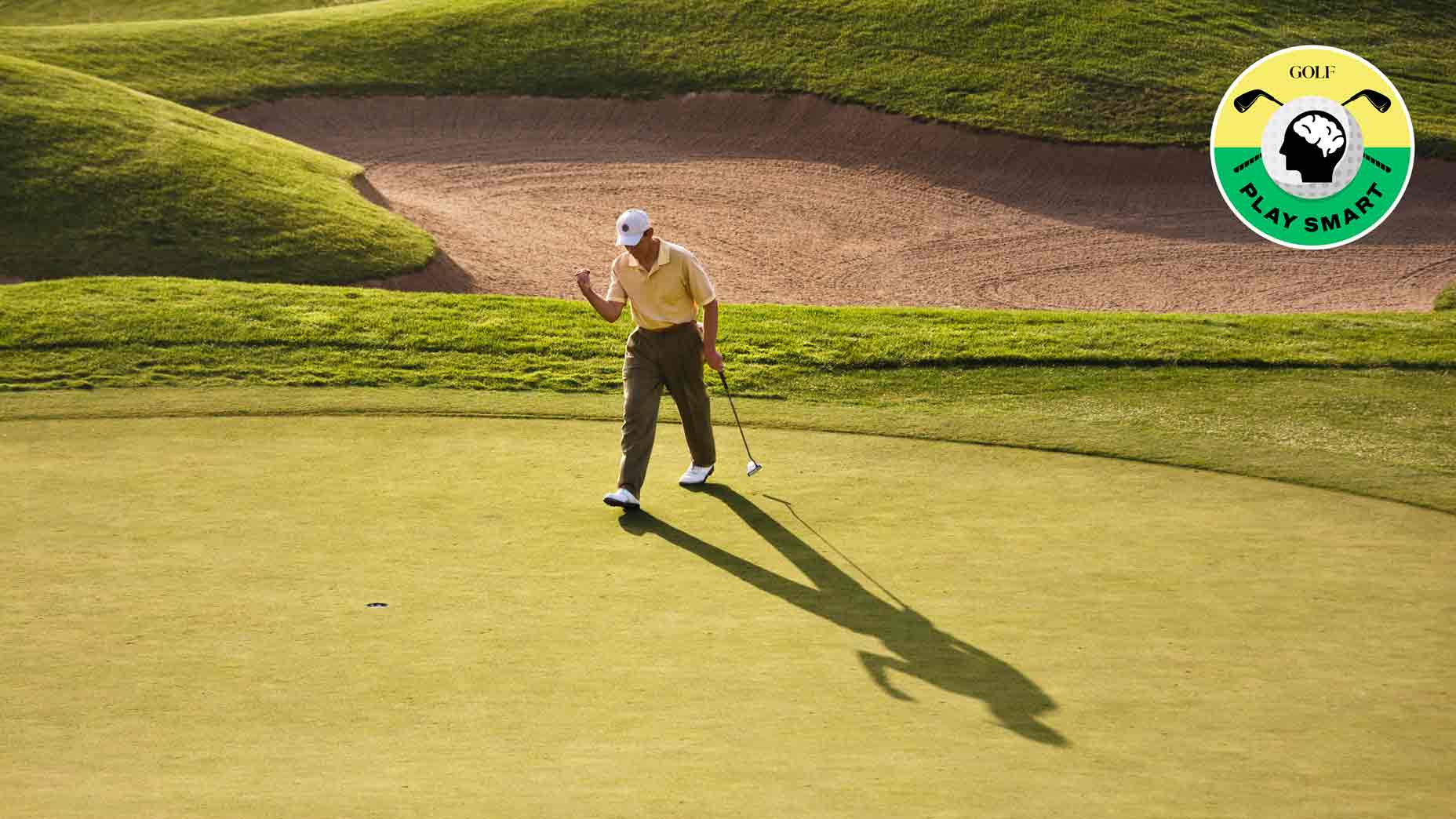Welcome to Play Smart, a regular GOLF.com game-improvement column that will help you play smarter, better golf.
When a player has confidence in golf, it can make a world of difference on the scorecard.
There’s a good chance we’ve seen even the most inconsistent golfers get on a streak where, before and after every shot, they’re walking with a bit more pep in their step, anxious to prove that their previous shot was no fluke. It’s a feeling every player strives for — but confidence in golf doesn’t always come naturally.
So how does a player get comfortable on the golf course in order to play their best? Oftentimes, it all comes down to overcoming nerves.
In today’s Play Smart, GOLF Top 100 Teacher Jamie Mulligan explains how to control nerves on the golf course, helping you discover more confidence to perform at your best during each round.
How to establish greater golf confidence
According to Mulligan — who has coached both Tour players and amateur golfers — nerves aren’t always a bad thing. They show that you want it, and that you’re thinking about how to achieve your goal.
The problem occurs when players can’t control those emotions.
So Mulligan offers the tips below to discover the confidence to just play — instead of over-thinking each shot.
Breathe
The first and last thing we do is breathe — and the greatest golfers learn to breathe the right way.
There are different ways to approach this, but Mulligan suggests breathing through your nose, into your diaphragm, and out through your mouth. This is the way most performance athletes breathe. Learning to do this and slowing your heart rate down is critical, not only at the start of the round, but throughout the round as you experience excitement from either success or frustration.
Be light with your hands
The only connection that your body has to the golf club is your hands, so learning to be light with your hands through the rest of your body will improve your ability to control tension. The best muscles are always the ones that are loose and relaxed.
As you train more and stay fit without sacrificing mobility, the better your muscles will function. Learning to get the body soft and relaxed is important, regardless of your training program. You can never be too light.
Avoid the negative voices in your head
We all have voices in our heads, but to maintain confidence in golf, the best players are capable of blocking out any self-doubt or distraction from those negative voices.
In Mulligan’s experience teaching, the best rounds from both amateurs and professional golfers have occurred when a player stays out of his or her own way. They’re able to control their thoughts, keeping the mind as quiet as possible. So remember to trust your natural athletic instincts, and that less is more.
To find (and own) your confidence on the golf course, be sure to control the body’s “computer” — which is the most efficient pathway towards improvement. Golfers are so conscious of the swing, stroke, and fundamentals, that, many times, they don’t wire their brains to think about the simple things that they can control to block out nerves in order to perform at the highest level.
